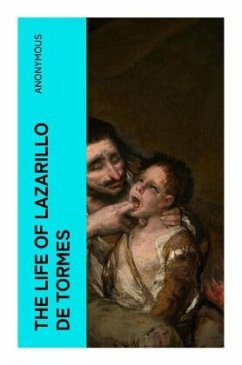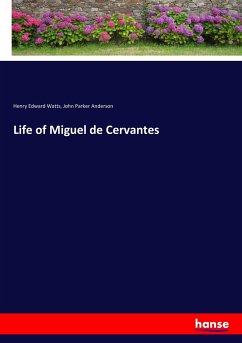"The Life of Lazarillo de Tormes" is a seminal work of Spanish literature that captures the essence of the picaresque genre. Written in the 16th century, the narrative unfolds through the life of Lazarillo, a resourceful boy born to impoverished parents who must navigate a world filled with deception and hardship. The novel employs a candid and satirical style, reflecting the societal inequalities and moral corruption of the time, while its episodic structure allows for a dynamic exploration of Lazarillo's encounters with various masters, each representing different strata of society. This work not only provides insight into the human condition but also serves as a critique of contemporary social norms, blending humor with poignant commentary. The anonymous author of "Lazarillo de Tormes" remains shrouded in mystery, which adds to the intrigue surrounding the text. Likely written by an author disillusioned by the societal injustices evident in 16th-century Spain, the book serves as a dramatic response to the rigid social hierarchies of its time. The themes of survival and adaptation reflect the broader struggles faced by the populace, suggesting that the author may have experienced similar hardships. This groundbreaking narrative is highly recommended for readers interested in the evolution of the novel as a form and those seeking a deeper understanding of Spanish cultural history. "The Life of Lazarillo de Tormes" not only entertains with its wit and charm but also challenges readers to consider the moral complexities of society, making it a timeless classic that resonates even today.
Bitte wählen Sie Ihr Anliegen aus.
Rechnungen
Retourenschein anfordern
Bestellstatus
Storno








